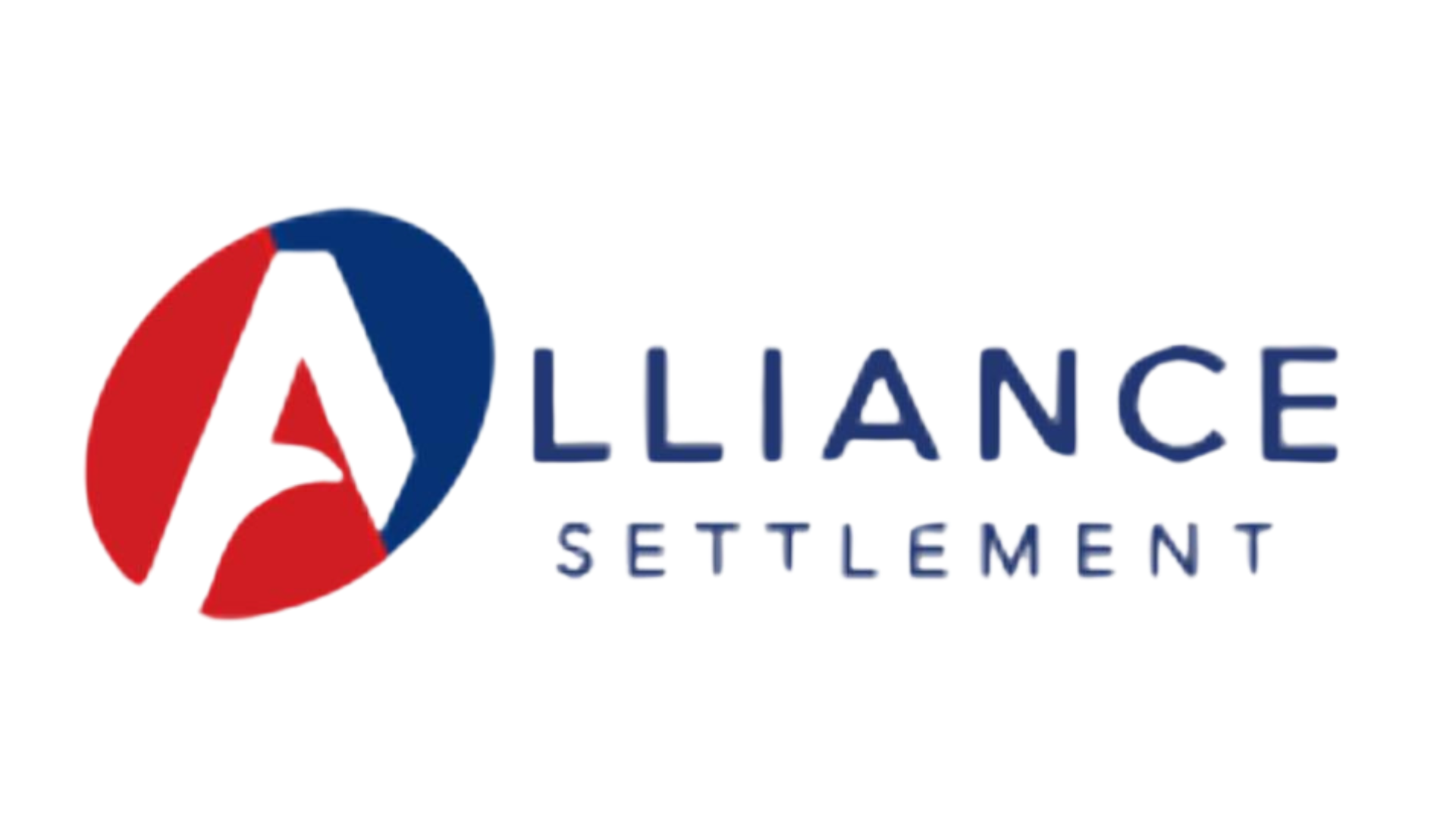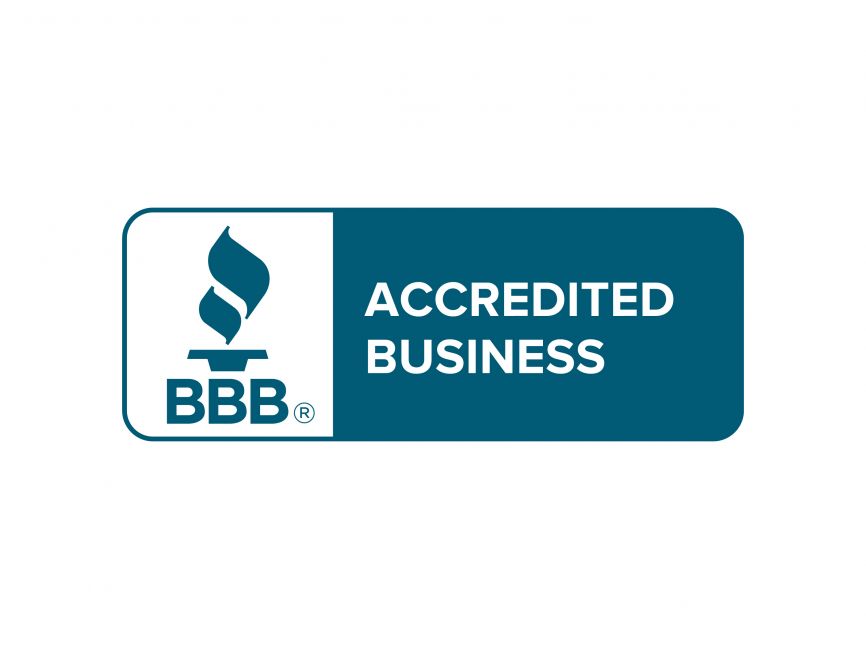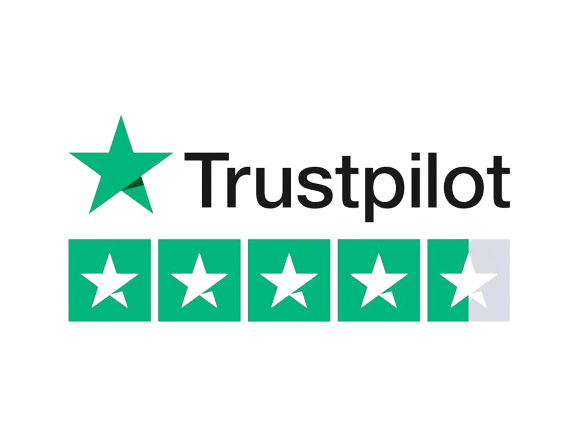Turning Dreams into Reality
Many young professionals believe that financial success is only attainable with a high salary. However, achieving financial goals on a modest income is entirely possible with the right strategies and mindset. This article explores how careful planning, disciplined budgeting, and smart investments can help you build wealth and secure your financial future.
1. Mastering the Art of Budgeting
Budgeting is the foundation of financial stability. By tracking income and expenses, you gain control over your financial decisions.
Actionable Steps:- Use the 50/30/20 rule: Allocate 50% of income to needs, 30% to wants, and 20% to savings or debt repayment.
- Leverage budgeting apps like Mint or YNAB to automate expense tracking.
- Identify areas to cut back, such as subscriptions, dining out, or impulse purchases.
2. Saving with Purpose: Building an Emergency Fund
Unexpected expenses can derail financial progress, making an emergency fund essential.
Actionable Steps:- Start small: Aim for $500 and gradually build up to 3–6 months of living expenses.
- Automate savings: Set up direct deposits to a high-yield savings account.
- Reduce non-essential spending to boost contributions.
3. Investing for Long-Term Wealth
Investing allows young professionals to grow their wealth over time, even on a modest salary.
Actionable Steps:- Begin with low-cost index funds or ETFs to diversify investments.
- Take advantage of employer-sponsored retirement plans like a 401(k), especially if there’s a company match.
- Use robo-advisors for automated, low-cost investment strategies.
4. Reducing and Managing Debt
Debt can hinder financial growth, but with the right plan, it can be managed effectively.
Actionable Steps:- Use the snowball method (paying off small debts first) or the avalanche method (paying off high-interest debt first).
- Refinance student loans or negotiate lower interest rates when possible.
- Avoid taking on unnecessary debt by prioritizing savings.
5. Increasing Income and Career Growth
Boosting income can accelerate financial goals. Developing new skills and exploring side hustles can significantly impact earnings.
Actionable Steps:- Invest in skills development through online courses or certifications.
- Network and seek out career advancement opportunities.
- Explore freelancing, gig work, or passive income streams.
6. The Power of Financial Discipline
Sticking to a financial plan requires commitment and adaptability.
Actionable Steps:- Set short-term and long-term financial goals.
- Regularly review and adjust budgets and investments.
- Seek financial education through books, podcasts, and expert resources.
Small Steps Lead to Big Success
Achieving financial goals on a modest salary is possible with strategic planning and consistent effort. By prioritizing budgeting, saving, investing, and debt management, young professionals can build a stable and prosperous financial future. Start taking action today, and watch your financial dreams become reality!










